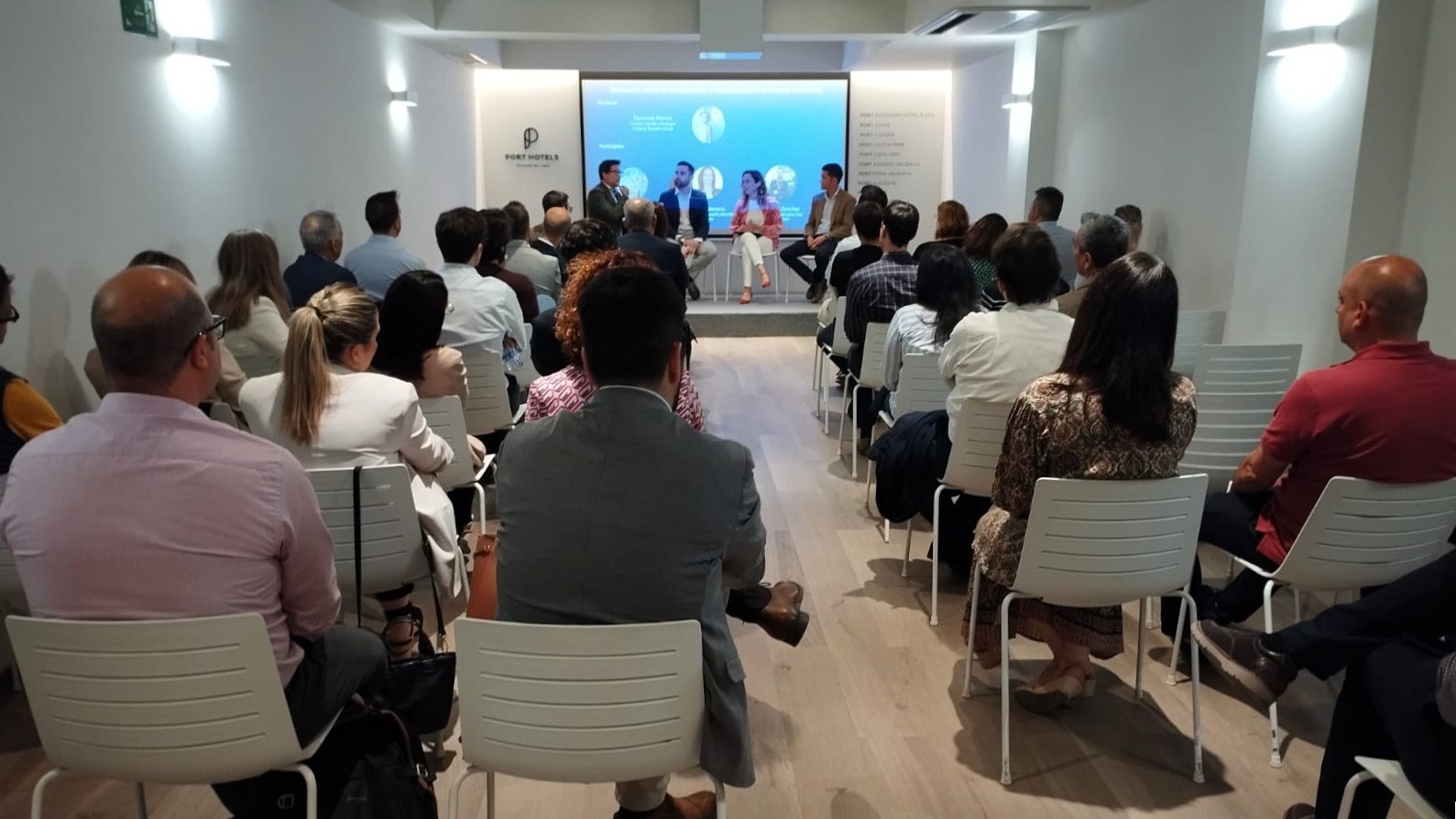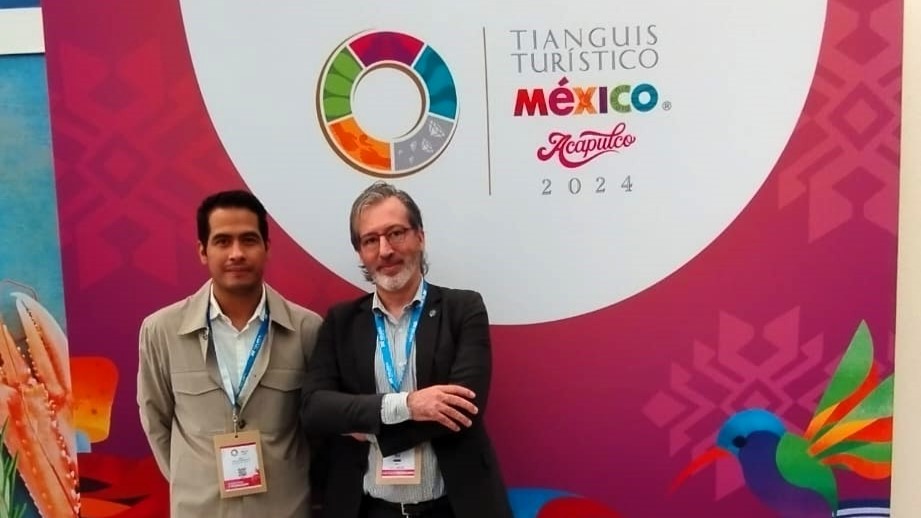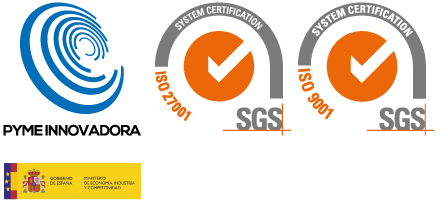The different forums for debate on the impact of technological trends are placing the emphasis on aspects such as the analysis of data that, in a massive way, have already become an asset for organizations willing to take advantage of them. A recent example was the HSMAI Europe event held in Palma de Mallorca, to which the CEO of Hitt Group was invited to talk about cloud computing, open innovation and the new role of CRS in tourism, among other issues. In his speech, Jaume Monserrat explained the considerations that the group can make thanks to the business knowledge accumulated by our brands Dingus and Etoolinnovation.
At Hitt Group we believe that the adoption of cloud computing is being rapidly exercised by all industries, and that tourism is no exception. It is backed up by forecasts such as that the expenditure on this will grow six times more than that which will be carried out in IT during 2020… and that large companies have already developed strategies based on software as a service with the implementation of new systems, or that they are trying to transfer most of their business techniques to the cloud.
In addition, we believe that the central reservations should be considered as one of the most important and significant methods of information for tourism activity, taking into account the change in the profile of a tourist who travels more, decides at the last minute and makes multiple changes thanks to the access that the Internet provides to the entire offer, immediately. With this, the general environments of the activity have changed, becoming more complex, dynamic and changing, and also withstanding much more pressure from the globalized environment in which they compete. So, in addition to having a good product, it is necessary to design and execute a good commercialization and positioning strategy that optimizes occupation results. The CRS are systems that offer reliability in real time, ensuring product quality. And if we add to this its cloud-based operation, we will have an absolutely strategic and scalable product in terms of managing its operating costs.
On the other hand, the concept of API has come to favor and to facilitate the own processes of modernization, contributing standardization and security. In this way, betting on products that incorporate a clear API strategy will mean increasing levels of operational agility and taking advantage of our capabilities to drive innovative business solutions. In our opinion, to bet on open innovation is to do it through an element that leads to business competitiveness.
Data warehouse as we know them have an evident value, and are a fundamental part of the business intelligence of many companies… and having said this, it is true that big data has arrived with a new technological proposal and a multitude of innovations that can respond to the reality of analysis and prediction that organizations have at the moment. Structured, predictable and rigid models have given way to unstructured models, without hierarchy and with immense volumes that generate an unprecedented need for immediacy. These new data collections are what experts call data lake, a huge repository that stores both structured and unstructured information, with or without hierarchy … but undoubtedly a valuable store of all that data that at some point can be analyzed and used to make decisions.
Today more than ever information is power, and a data lake puts all that is generated in the hands of many more people in the company. We believe that all this makes it a more intelligent, agile and innovative organization. It is logical to think that redirecting strategies towards API environments and analyzing the migration or coexistence of current data warehouse with data lake environments, becomes or will become an unavoidable task.

Jaume Monserrat
CEO & Co-founder Hitt Group





